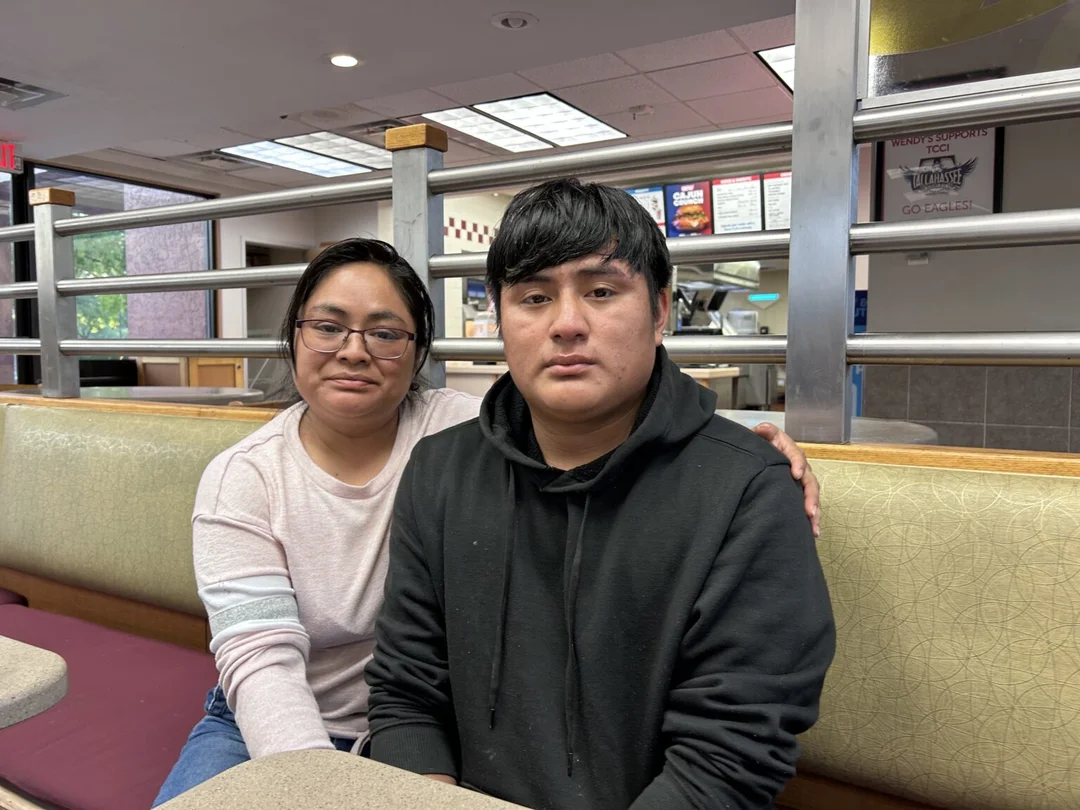
Is Florida’s New Immigration Law Crossing the Line?
In a dramatic turn of events for Florida's immigration policy, a federal judge has temporarily blocked a controversial new law aimed at criminalizing illegal immigration within the state. This decision has raised questions about the balance of power between state and federal authorities and the treatment of undocumented immigrants.
The law in question, known as Senate Bill (SB) 4-C, was enacted earlier this year and established harsh penalties for individuals who illegally enter or re-enter Florida. Just days after its enforcement began, the law was put on hold by U.S. District Judge Kathleen Williams, highlighting serious constitutional concerns.
During a hearing on April 4, Judge Williams expressed frustration over a specific case involving Juan Carlos Lopez-Gomez, a U.S. citizen, who was wrongfully detained under this law. His arrest garnered national media attention, especially when it was revealed that he was held despite a lack of probable cause as determined by a local judge. Williams' ruling extended a temporary restraining order against SB 4-C, set to last until at least April 29, 2023, indicating she believes there's substantial merit to the plaintiffs' argument that the law violates constitutional principles, particularly the Supremacy Clause.
According to the lawsuit filed by a coalition of advocacy groups, including the ACLU of Florida, the new law allegedly infringes upon federal immigration authority. The plaintiffs claim that immigration enforcement is primarily a federal responsibility, and by enacting SB 4-C, Florida overstepped its bounds.
“With the ongoing debates about immigration and local law enforcement, this case may serve as a bellwether for how future state laws will interact with federal directives,” said Miriam Fahsi Haskell, an attorney involved in the case. Haskell emphasized the dangerous implications of a law that could effectively criminalize individuals for simply seeking a better life.
This legal challenge is not just a matter of policy but also reveals the human side of immigration struggles. The emotional reunion of Lopez-Gomez with his mother after his release from jail drew attention to the real lives impacted by such policies. It raises critical questions: What happens to the many people caught in the crossfire of legal debates? Can states enact stringent laws that jeopardize the safety of their citizens while adhering to the U.S. Constitution?
While the state’s Attorney General James Uthmeier has defended the law as necessary for protecting Floridians and preventing illegal immigration, criticisms abound regarding its alignment with federal law. This legal tussle has implications far beyond Florida, perhaps signaling shifting tides in how immigration is handled throughout the United States.
As the legal battle moves forward, many await the outcomes of the upcoming hearings. Will Florida's law withstand constitutional scrutiny, or is it destined to become a precedent of what not to do in immigration policy?
Readers are encouraged to share their thoughts. Do you believe state laws should govern immigration enforcement, or should it remain a strictly federal matter?